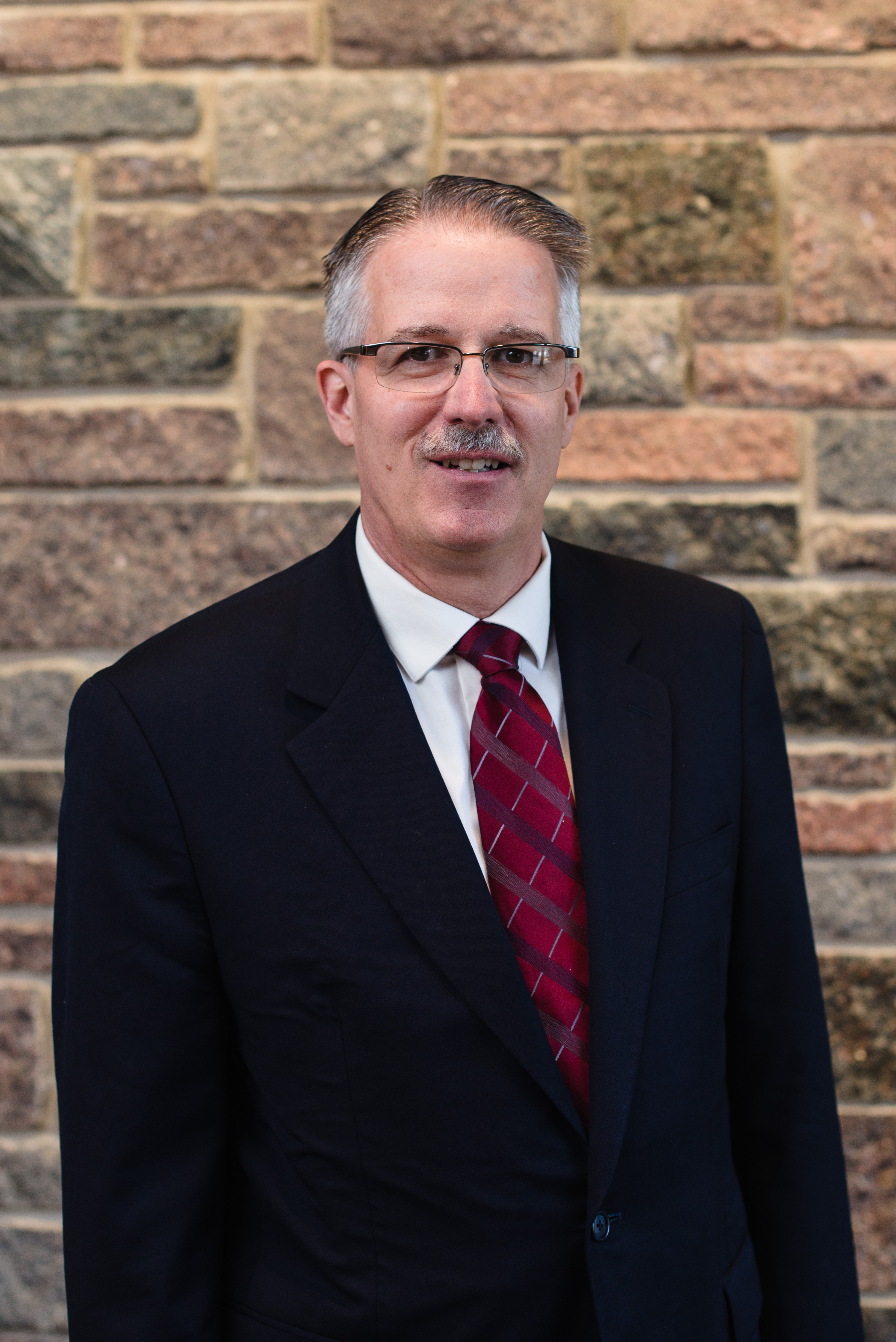Reflections on My Leadership Journey for Racial Justice

Reflections on My Leadership Journey for Racial Justice
by Curtiss Paul DeYoung, Co-CEO, Minnesota Council of Churches
CROSSPOSTED FROM THE E-VANGELIST, ONLINE MAGAZINE OF ST. JOHN EPISCOPAL CHURCH SAINT PAUL
The Rev. Dr. Curtiss Paul DeYoung will be our guest preacher at our 8am and 10am Racial Healing Eucharists this coming Sunday, April 28. In advance of that, we invited him to write a post for the E-vangelist to introduce himself and give us a chance to learn more about him and his work.
I have been on a vocational journey working for racial justice and reconciliation now for over forty years. Leadership in racial justice work requires moral integrity, courage, solidarity, perseverance, and faith. As a white male in this space, it also means a lifetime commitment to accountability to BIPOC (Black, Indigenous, People of Color) communities, acknowledging privilege, partnership when leading, and speaking up about racism even when I am a lone voice or there is a personal cost.
My understanding of racial justice has been shaped by the intersection of lived experience and analysis, nurtured by mentors. I was born in rural whiteness and raised in white suburbia. I attended a white college. Then I moved to New York City and later Washington, DC.
Here my life was dramatically interrupted by apprenticeship in Black churches and theological study at the historically Black (HBCU), Howard University School of Divinity. Due to this change in my life trajectory, my adult understanding of leadership was shaped primarily by Black role models, mentors, and leaders. In my exit interview from Howard University, faculty told me to take what I had learned at an HBCU and go back to white communities to address the source of racism. My leadership is marked by a sense of calling to disrupt whiteness and work for racial justice with a vision for reconciliation.
After graduation from divinity school, I moved to Minneapolis in 1986. I have served as a pastor of a white congregation that was becoming multiracial. I have led three different nonprofit organizations with a focus on racial justice. I was a professor of reconciliation studies mentoring students to be activists at the intersection of race, gender, class, and religion. I am the author of several books. I am a racial justice activist, author, academic, and administrator.
In 2014, I moved to Chicago during the emergence of Black Lives Matter. No one in Chicago Black communities cared what my experiences might have been or what books I might have authored. I was considered a white outsider with questionable intentions. But I stayed in confrontive and uncomfortable Black spaces, listening and learning. I also sought out young Black leaders for one-on-ones to accelerate my education.
I returned to Minnesota much wiser as the CEO at the Minnesota Council of Churches. To strengthen my leadership, I reached out to five BIPOC women who were CEOs or in similar roles in nonprofit and foundation spaces to mentor me (Black, Native American, Latina, Korean American and Hmong American). They gave me fresh tutoring on the race dynamics of Minnesota and what kind of leadership was required. In my current CEO position, I have been joined by a Black woman as Co-CEO.
As I retire from the Minnesota Council of Churches this August, I am grateful to God for the vocational journey I have been on. It has helped prepare me for the work of racial justice in Minnesota these past seven years: responding to the police killing of George Floyd in Minneapolis, the white supremacist bombing of the Dar Al Farooq Somali Mosque in Bloomington, the pressure on Indigenous leaders to acquiesce to the building of Enbridge Line 3 in Northern Minnesota, and similar challenges.
The journey of racial justice and reconciliation is a lifetime road of learning and growth. It is a journey that we all must embrace as followers of Jesus.

